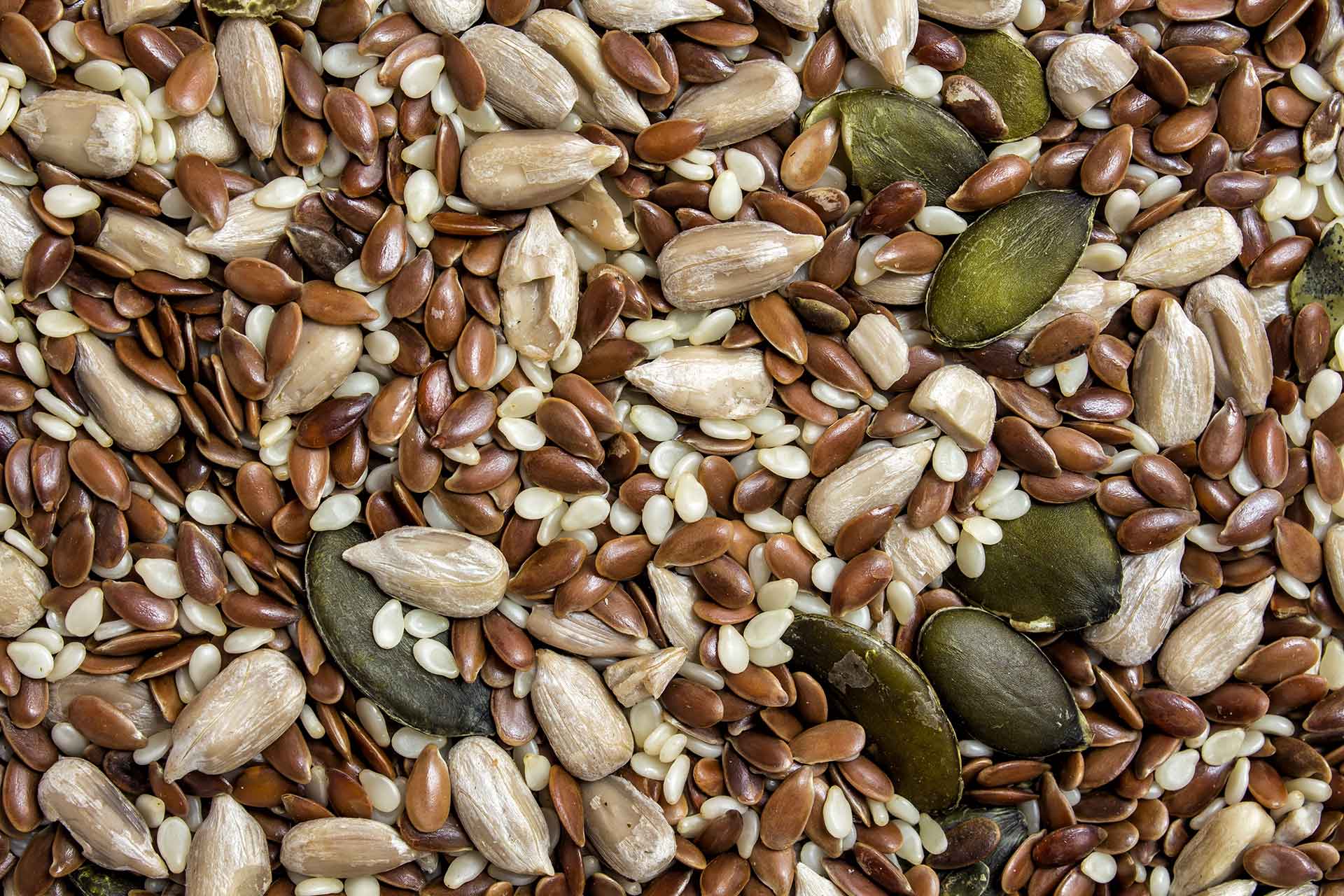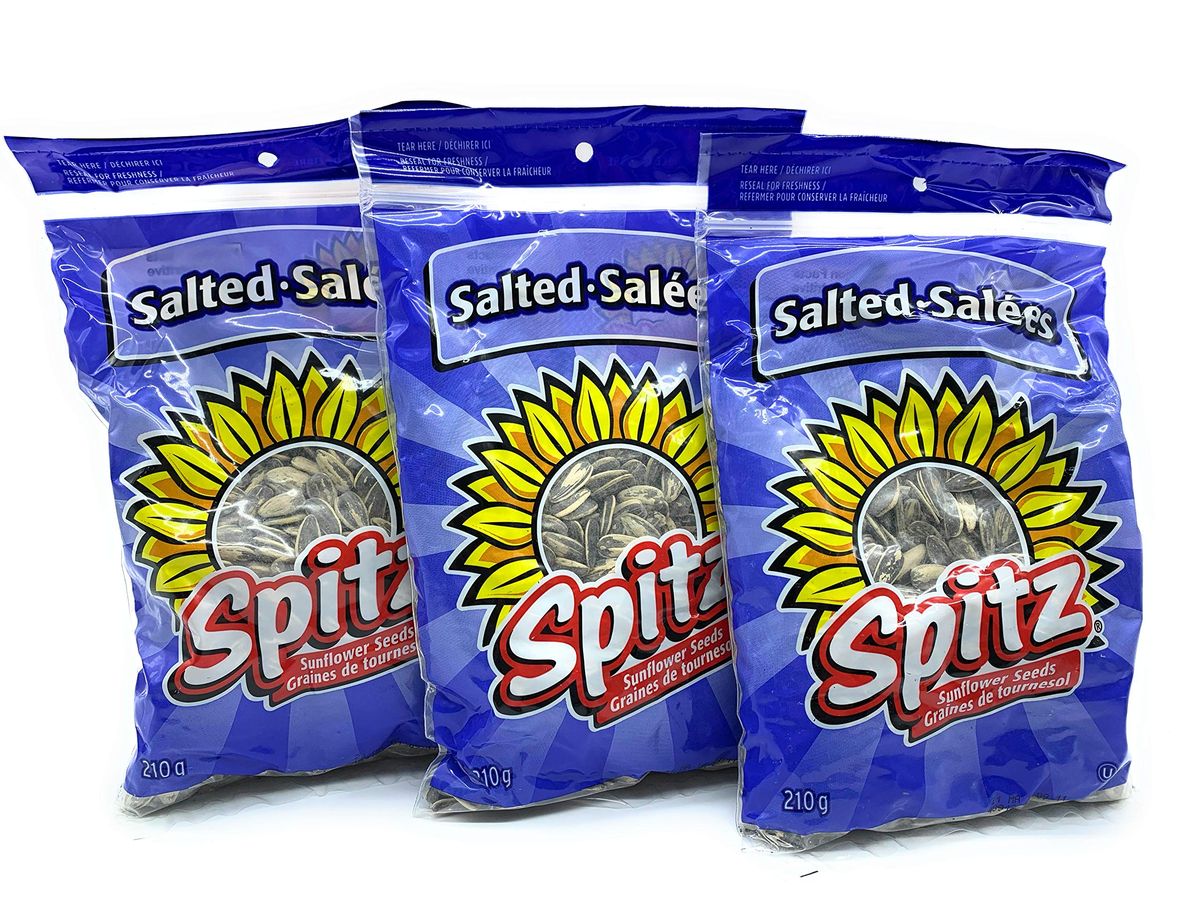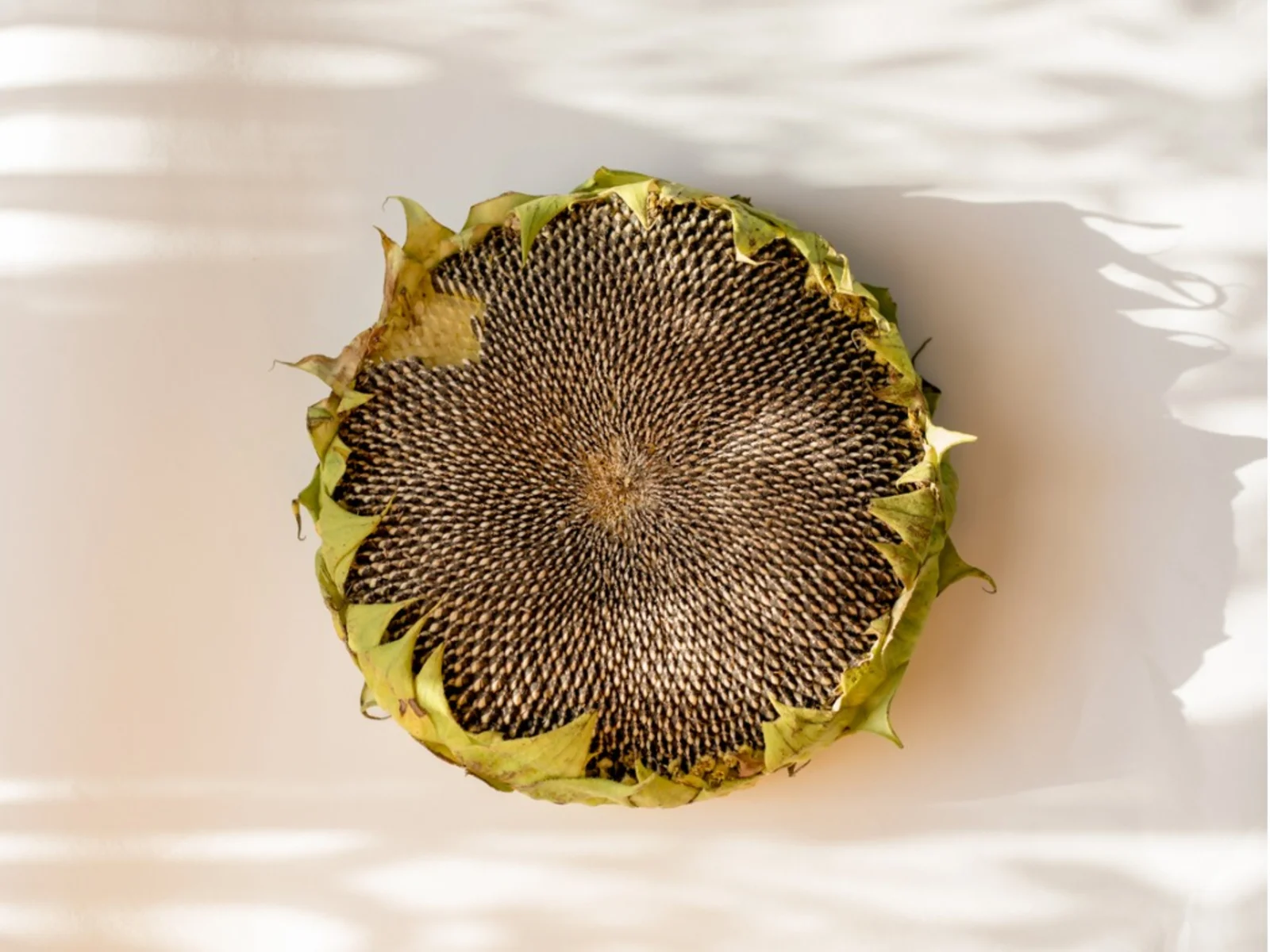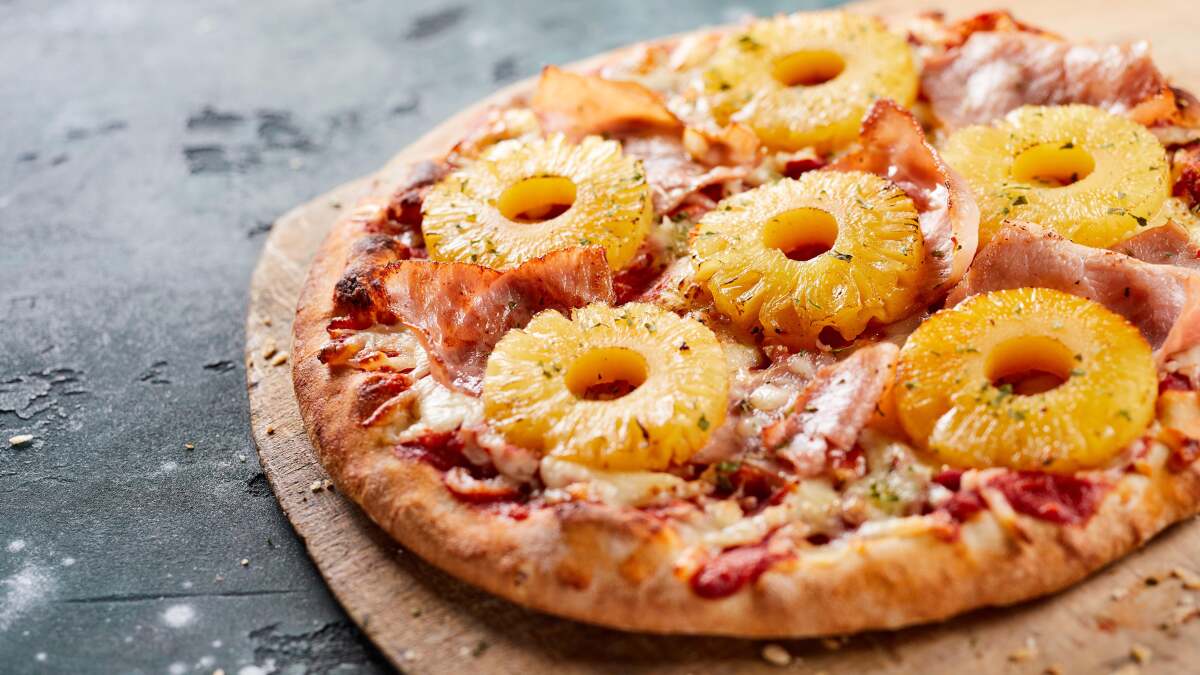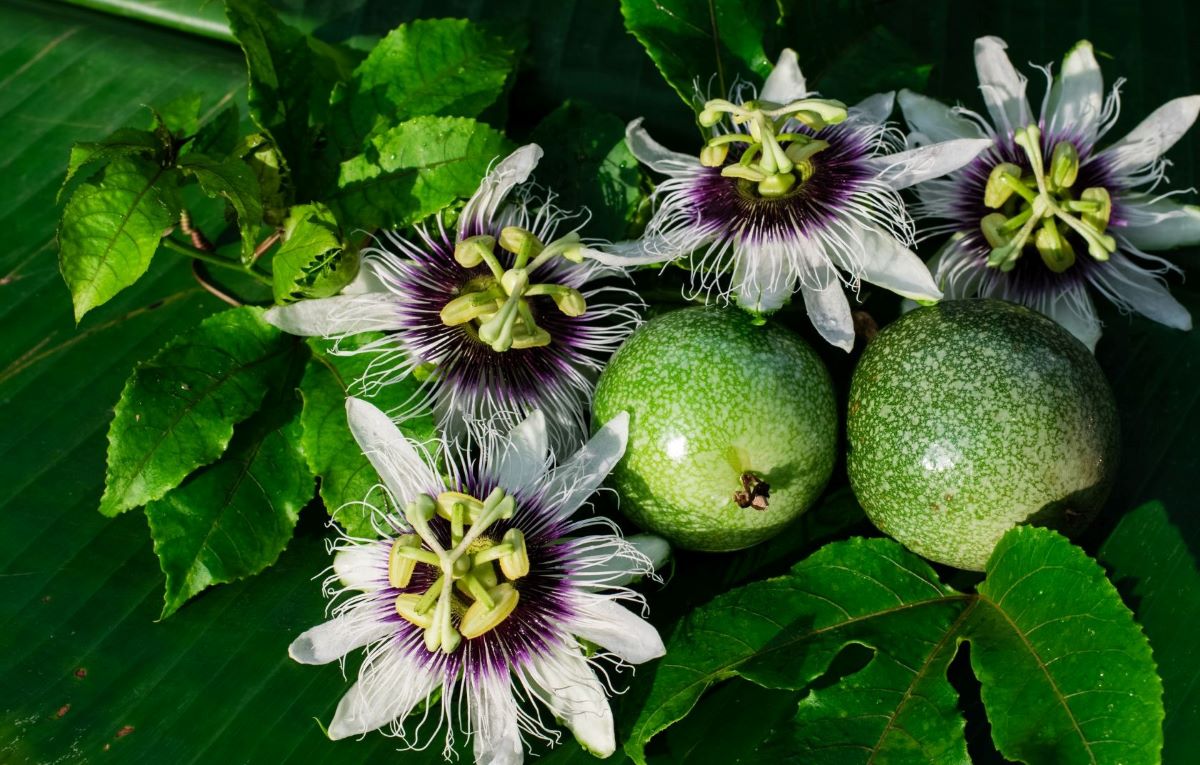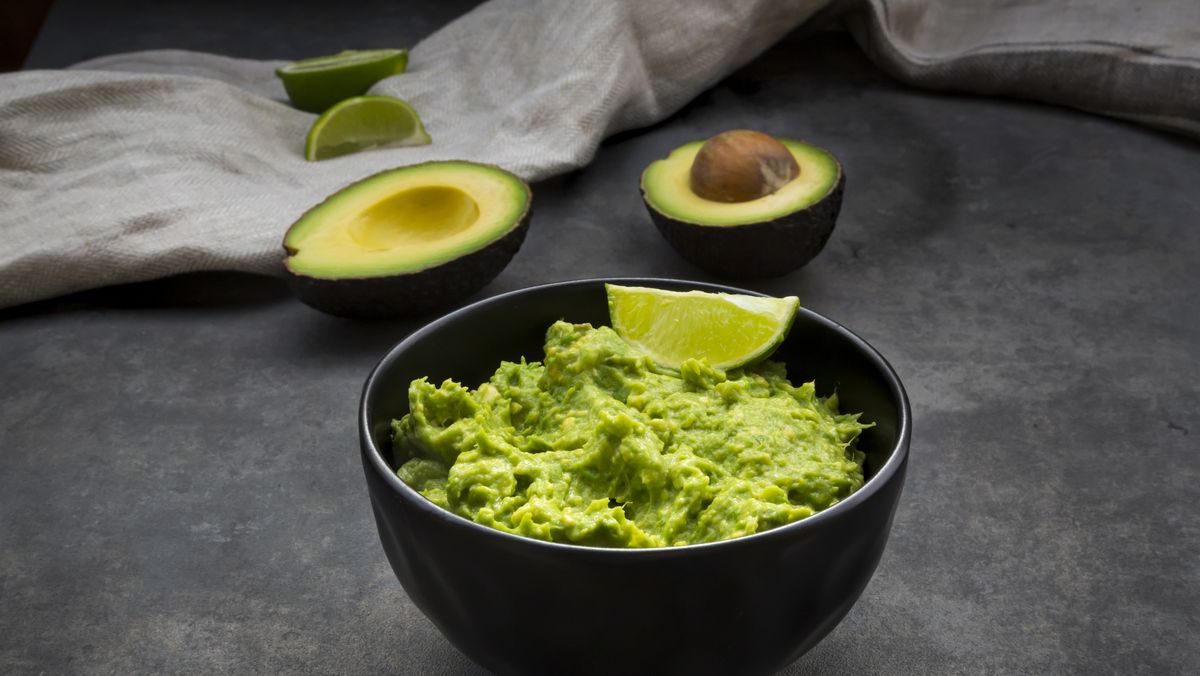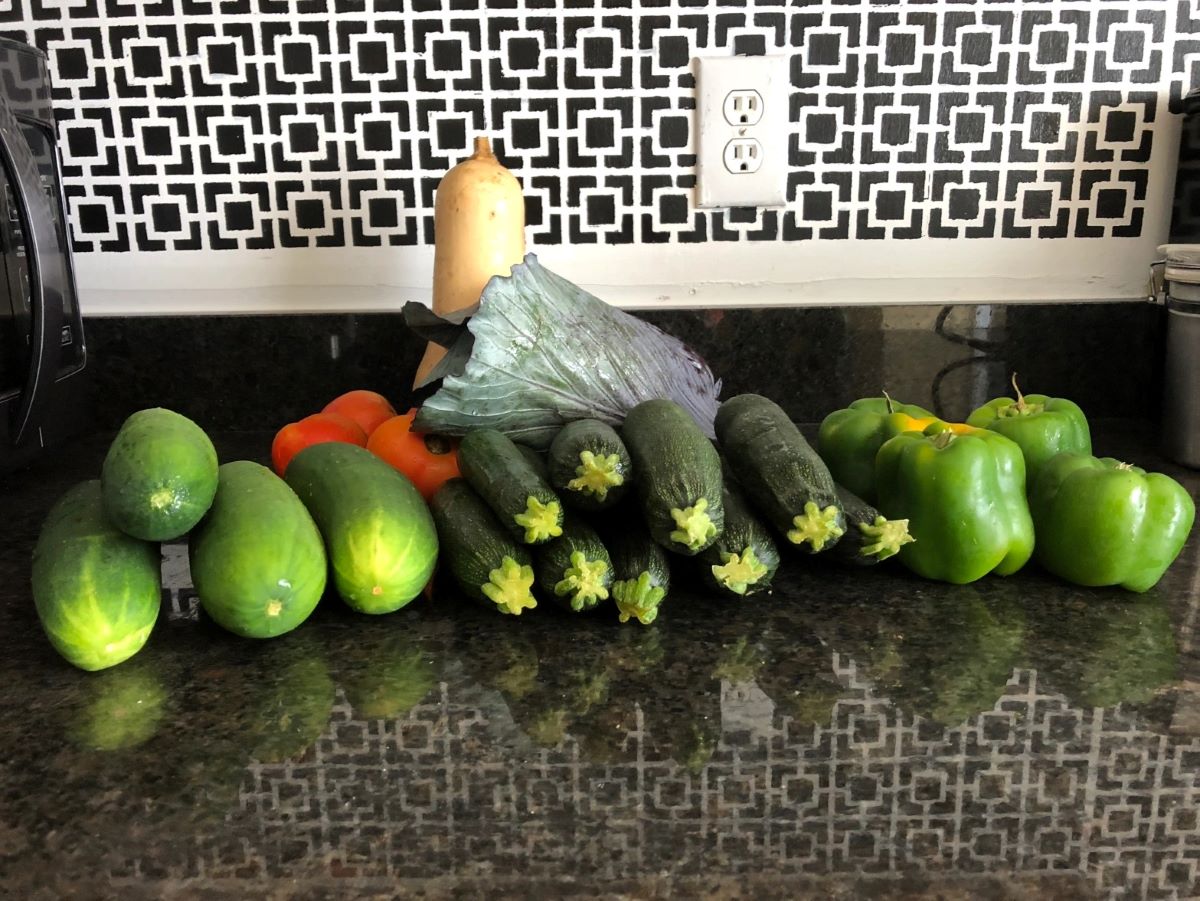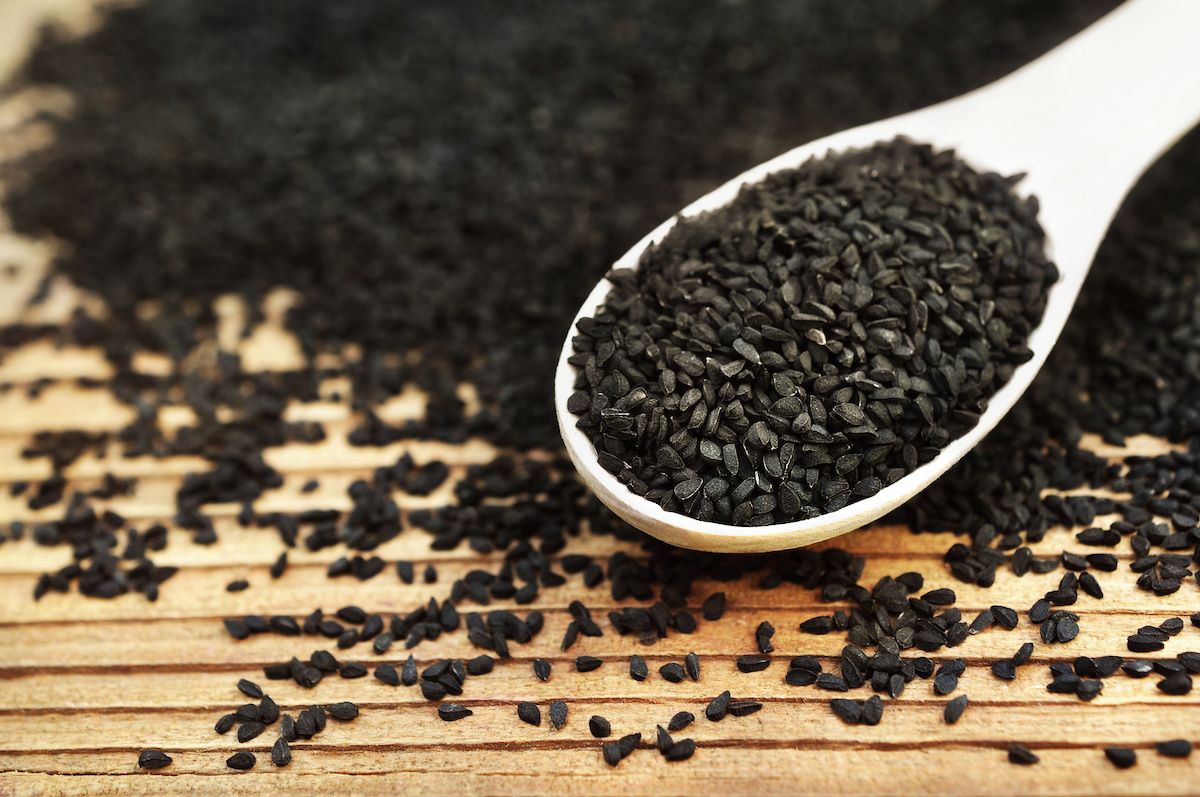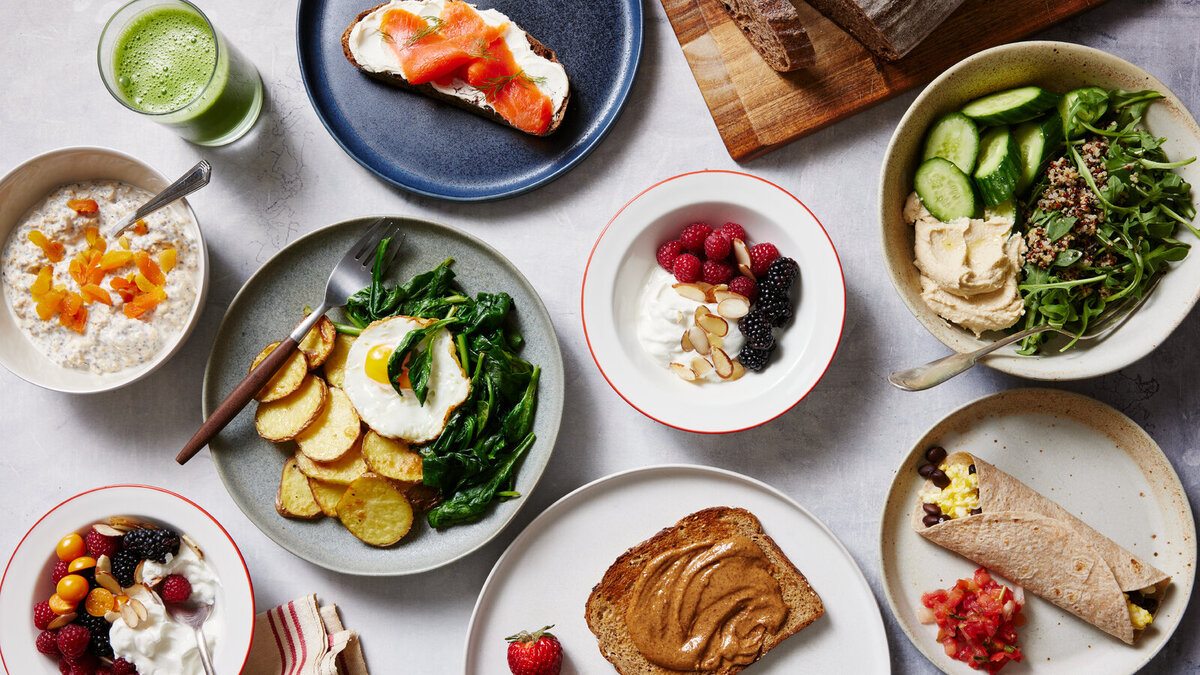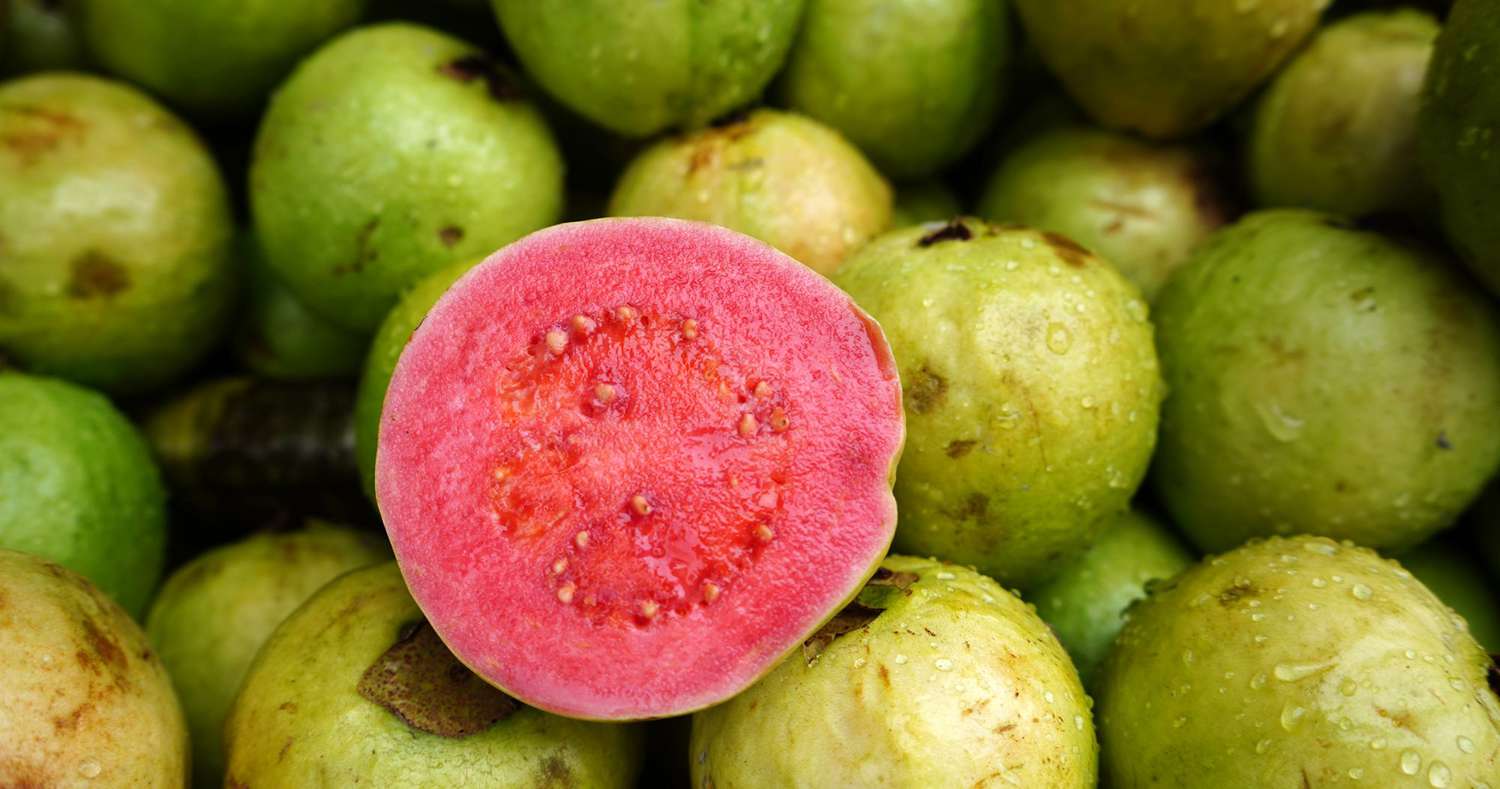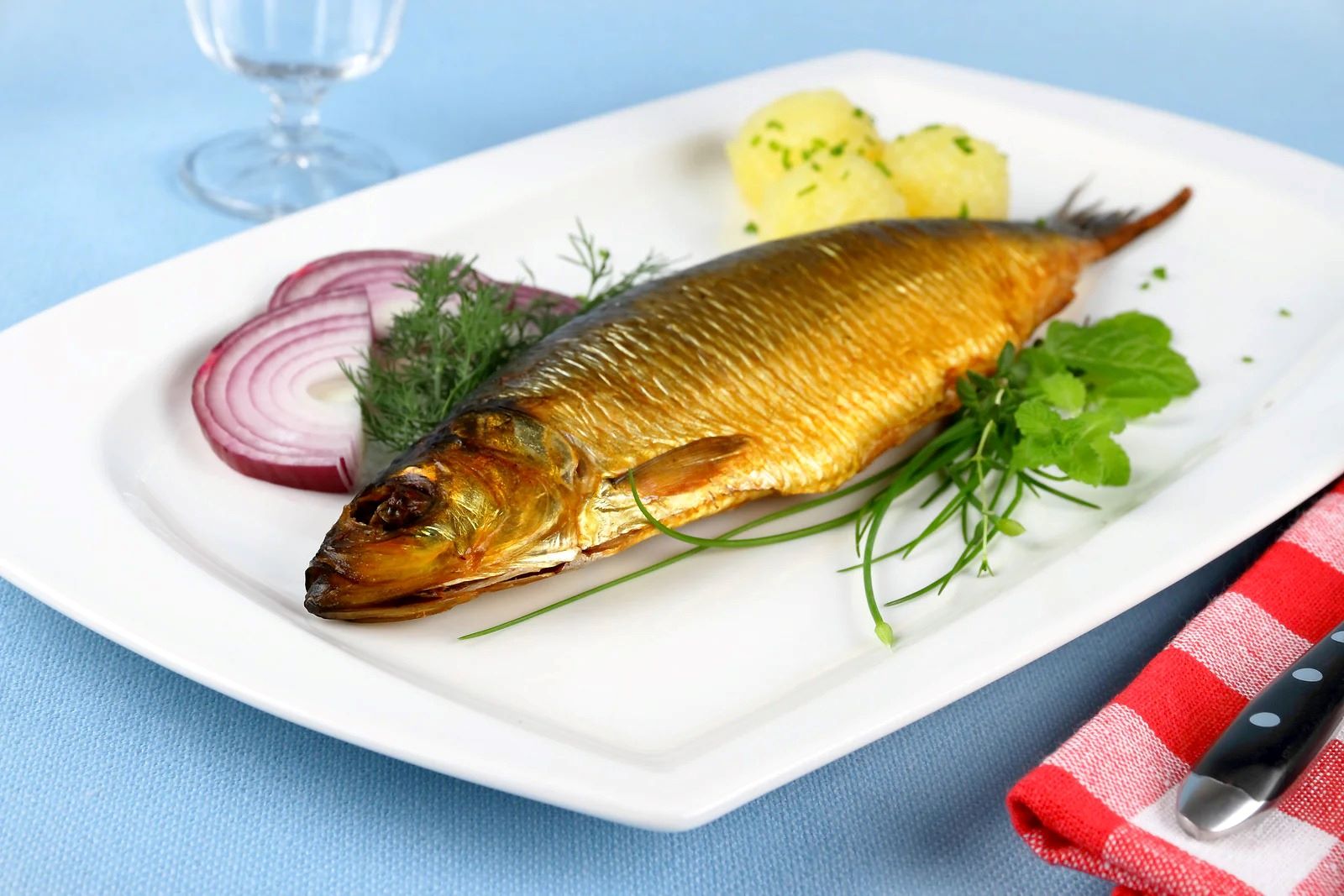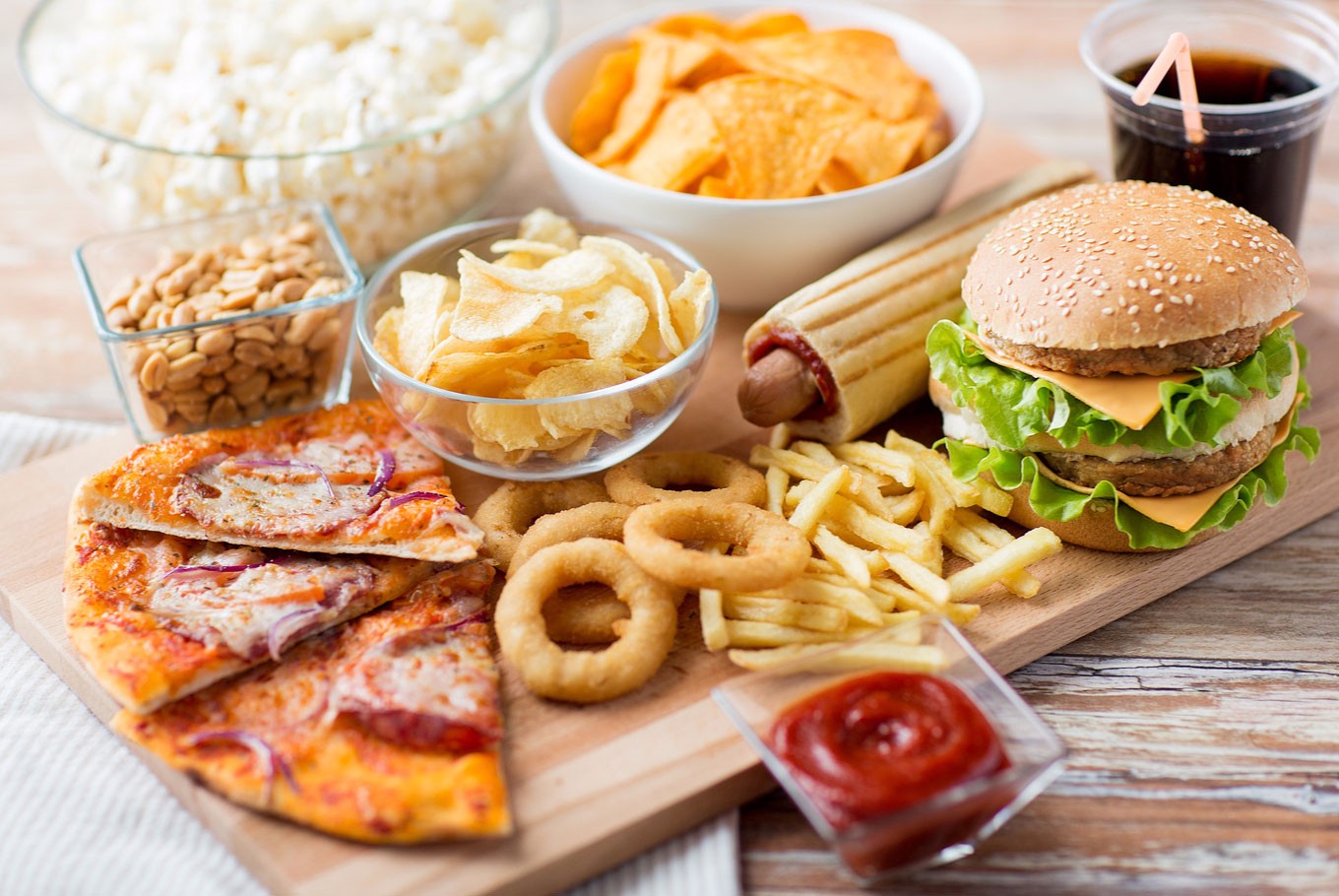Delicious and Nutritious: How to Enjoy Pumpkin and Sunflower Seeds
When it comes to healthy snacking, pumpkin and sunflower seeds are two nutritional powerhouses that often go overlooked. Packed with essential nutrients and a satisfying crunch, these seeds are not only delicious but also incredibly versatile. Whether you’re looking for a quick and convenient snack or a flavorful addition to your favorite dishes, here are some creative ways to enjoy pumpkin and sunflower seeds.
Roasted and Salted
One of the simplest and most popular ways to enjoy pumpkin and sunflower seeds is by roasting them and adding a sprinkle of salt. To do this, spread the seeds on a baking sheet and roast them in the oven at 300°F for about 15-20 minutes, or until they turn golden brown. Once they’re done, let them cool and then add a pinch of salt for a classic and satisfying snack.
Trail Mix
Combine pumpkin and sunflower seeds with your favorite nuts, dried fruits, and a touch of dark chocolate to create a delicious and energizing trail mix. This portable snack is perfect for on-the-go munching and provides a good balance of protein, healthy fats, and carbohydrates.
Salad Topping
Sprinkle a handful of pumpkin and sunflower seeds on top of your favorite salads to add a delightful crunch and a boost of nutrition. Not only do the seeds provide a satisfying texture, but they also offer a dose of essential nutrients, including magnesium, zinc, and vitamin E.
Smoothie Booster
For a nutritious and filling smoothie, consider adding a spoonful of pumpkin and sunflower seeds to the mix. These seeds blend well and contribute a creamy texture, while also providing an extra dose of protein, fiber, and healthy fats to your beverage.
Baking Ingredient
Get creative in the kitchen by incorporating pumpkin and sunflower seeds into your baking recipes. Whether you’re making homemade granola bars, muffins, or bread, these seeds can add a delightful crunch and a nutritional boost to your baked goods.
Spiced and Flavored
Experiment with different seasonings and flavors to create your own custom blend of pumpkin and sunflower seeds. Try tossing the seeds with a mix of cinnamon and sugar for a sweet treat, or add a pinch of cayenne pepper and paprika for a spicy kick.
With their versatility and nutritional benefits, pumpkin and sunflower seeds are a fantastic addition to any healthy diet. Whether you enjoy them on their own as a snack or incorporate them into your favorite recipes, these seeds offer a delicious way to boost your overall nutrition and satisfy your taste buds.
